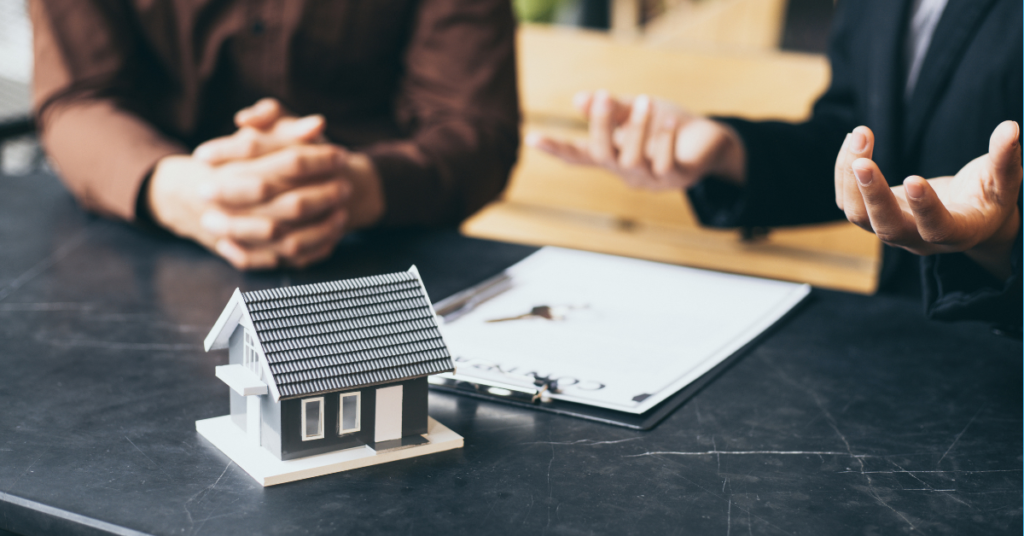
Tips for Buying Your First Rental Property in 2023

When you’re thinking of buying your first rental property, you must make an important choice. Renting out a house has the potential to be a terrific investment that boosts your cash flow and gives you a huge profit when you decide to sell it. Be aware of the fact that 90% of millionaires worldwide were generated through real estate.
The truth is that owning rental property is much more difficult than it appears, therefore be absolutely certain before buying your first rental property.
Be Financially Free.
Real estate investors frequently use debt as a part of their overall strategy. Before purchasing an investment property, pay your debts off.
Debt such as credit card debt, school loans, mortgages, auto loans, personal loans, and overdue medical costs should all be taken into account. Before you seriously consider purchasing a rental property, you should pay off any debt with a high-interest rate in particular. Having debt is a problem that can make it more challenging for you to have the money you need to cover unexpected rental costs.
Become Familiar with what it’s like to Be a Landlord.
Landlords put in a lot of effort: they collect rent, perform background checks, serve as handymen and cleaners, etc. Additionally, your tenants will count on you to be available for them at all times.
You’ll not only have to make difficult decisions about your property, but you also have to act immediately because you’re in charge of someone else’s home.
It’s best to be aware from the start that there are other less labor-intensive ways to invest in real estate. If you have the funds, you can hire a property manager, or you can look at crowdfunded real estate, which is a less intense method of investing
Location-based Game
A developing neighborhood is where most property owners want to be. You can take a look at things like population growth or regional redevelopment initiatives. Those are positive indicators that can assist you in more ways than simply cash flow. These are assets that are likely to increase in value over time, providing you with a reliable long-term return on your investment.
Although you don’t have to live in the same area as your rental property, you may get a sense of the neighborhood by looking at the school system, accessibility to public transportation, increasing employment possibilities, low property taxes, low crime rate, and facilities that will attract new tenants.
Expect the Unexpected
If 2020 has taught us anything, it’s that you must be ready for the unexpected, and most owners drastically underestimate how much money they will need to set up. In addition to saving for maintenance, upkeep, and emergency repairs, you should also set aside money in case your renter is unable to pay for several months. Remember it is your first rental property so you will experience situations that you have not thought about.
The majority of experts advise setting aside 20% to 30% of your rental revenue to pay for unforeseen costs. Due to the risk of economic disaster from inadequate budgeting, save at least 20% each month.
Learn about the laws
You can spare yourself some difficulty by learning about the laws that apply to landlords and tenants before you purchase a rental property. The following laws are those you must learn about:
- Laws prohibiting discrimination in tenant screening
- Lease contracts
- Mandatory declarations
- Laws concerning maintaining a safe environment, including regulations regarding pests
- Landlord obligations regarding maintenance
- privacy rights of tenants
- Unoccupied rental property
- Laws governing criminal behavior
- Laws surrounding the eviction procedure
Studying these laws is a highly recommended step, which can help you avoid legal problems down the road.
Consider a Property Manager the First Rental Property
Your rental property becomes a much more passive investment when you hire a property manager. Finding tenants, doing background checks, collecting rent, and managing cleaning, repairs, and regular maintenance are all things they take care of. To put it simply, they can help you save a ton of time.
However, the time you save doesn’t come without a price, and you should budget 8–12% of the property’s monthly rental value plus expenses of the material used for cleaning and maintenance.
Calculate your Return on Investment
Return on investment, or ROI, is a measure to assess the profitability of your investment. Individual real estate investors are advised to aim for a 10% return, according to experts.
- Calculate the annual rental income by finding out how much similar rental homes in the neighborhood rent for on a monthly basis.
- Calculate the estimated annual costs. Include taxes, insurance, maintenance, repairs, the mortgage payment, the cost of the property manager, and HOA dues.
- Calculate your net operating income: Subtract your annual expenses from your annual rental income.
- Calculate your total cash investment, which includes your down payment, closing costs, repairs, renovations, and other upfront expenses.
- Divide your entire cash investment from your net operating income.
keep this formula in mind because it helps you compare investments.
Conclusion of Buying your First Rental Property
If you’re ready, buying rental property can be a good investment. It won’t make sense for everyone to own rental property at some time in their lives. Regarding the expenses, your capacity for managing a rental, and how that will work with the rest of your budget, you must be realistic.
Purchasing a rental property should not be a decision you make lightly, regardless of how attractive the investment appears to be. Take your time, do your homework, and be prepared to work hard to make your first rental a wise investment.